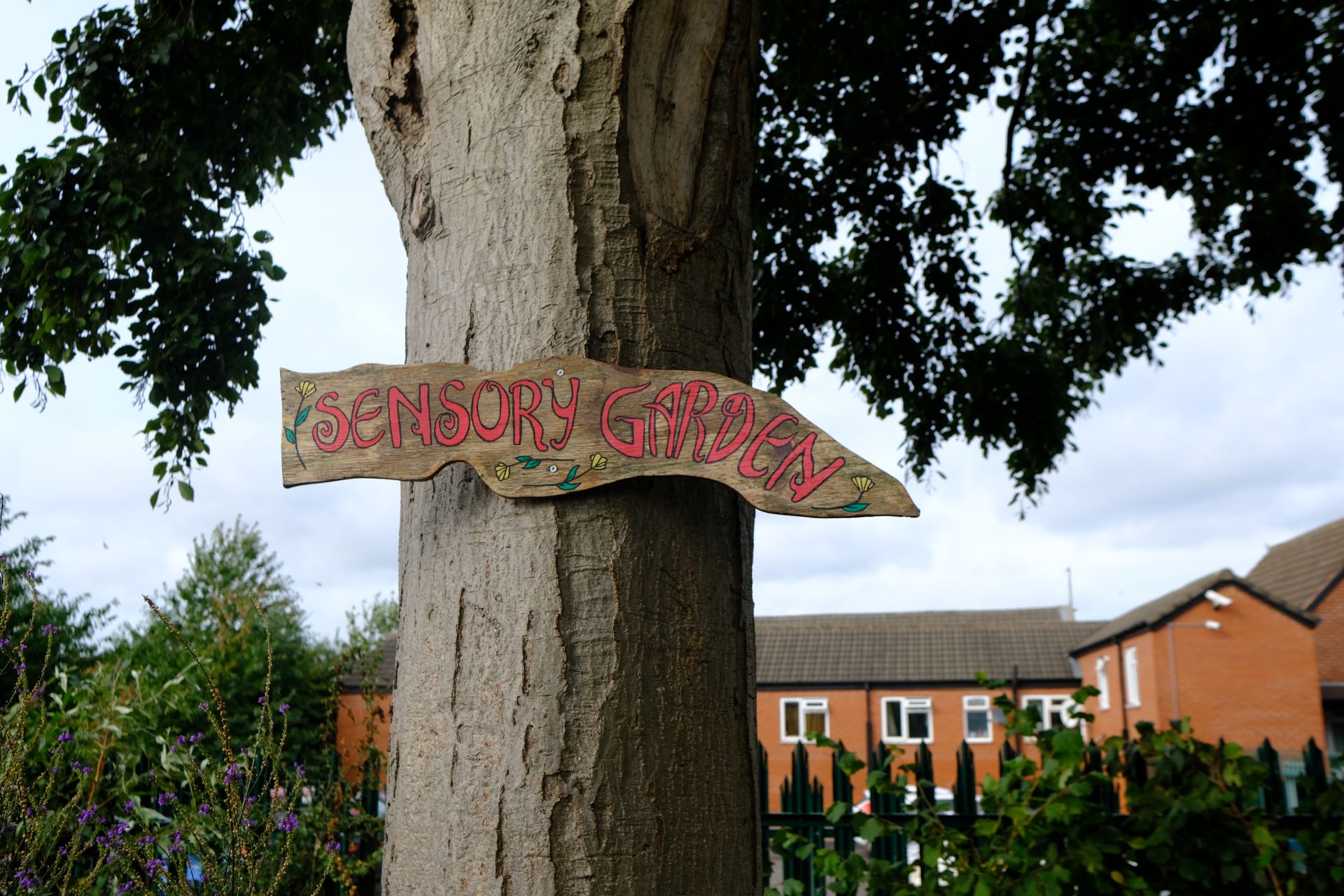“I don’t think they’re new challenges. I just think more people are impacted by them, and they’re impacted in a greater, more significant way”
Even before the Covid-19 pandemic there was a significant ongoing shift in public health thinking and practice towards a place-based approach, evidenced in part by the dramatic turn to non-clinical interventions in the form of social prescribing. Green social prescribing (GSP)- linking people “to nature-based interventions and activities, such as local walking for health schemes, community gardening and food-growing projects”– was also increasingly being seen as a non-medicalised alternative to conventional treatments for common mental health problems.
The Covid pandemic and lockdowns in England saw a growth in social innovation to provide local services, together with a surge of interest in engaging with nature, alongside a huge increase in mental health issues. This suggested strongly that the time was right to develop rapidly an expanded GSP offer. However early findings from our Nature’s Way project suggest that many of the existing barriers to implementation still persist, compounded by new issues connected with the pandemic. This post summarises our findings around the barriers and potentials relating to GSP as we move out of lockdown.
Our interviews with a broad range of stakeholders in the wider landscape of social prescribing indicate the ways in which existing challenges have been exacerbated.
- Prior to the pandemic voluntary sector providers struggled to get funding for their GSP programmes. We found that charities reported an increased demand for GSP during the pandemic, with no improvements in funding; critical in a sector heavily dependent on volunteers, with capacity compromised by an ageing volunteer cohort facing a range of competing concerns and commitments during the pandemic.
- Umbrella organisations spoke of crisis management during the early stages of Covid: dealing with an increased volume of activity against a background of changing government infection control regulations.
- Interviewees felt that, broadly speaking, calls for more support for upstream preventative health interventions during the pandemic, including some forms of GSP, were subsumed in the struggle to provide sufficient frontline capacity in the twin contexts of health and social care.
- Whilst for many people natural environments provided much-needed spaces for relaxation, stress relief and social activity, many others lacked the time, personal resources or opportunities to benefit from the positive impacts of engaging with nature.
- Interviewees highlighted the need for a person-centred approach, stressing that social prescribing was not a space for organisations to impose their hobbies onto people in need.
- Others highlighted the ways in which Covid has exposed pre-existing spatial and socio-economic inequalities in access to safe, convenient, well-maintained and good quality green spaces, which provide opportunities relevant to a diversity of local residents. Successful GSP relies on easy access to these types of spaces
Despite these challenges we also found widespread agreement concerning the value and potential of GSP. We need more GSP but we need better governance beyond individual organisations, better funding pathways and better infrastructures (including the green infrastructure on which GSP relies). Our preliminary findings suggest that it is challenging for the existing system to respond to this need. Existing health and social care infrastructure is a complex of entrenched practices patched with new concepts. Within this complexity it’s challenging to create new pathways for GSP, as change needs to happen at multiple points within the system. In particular we have found that communication and coordination between GSP providers and the other organisations that make up the system is missing. There needs to be a co-operative mechanism that works across all the organisations involved to make space for GSP. It’s possible that the Health and Care Bill (2021) currently going through parliament will provide at least part of the solution. On paper at least the proposed Integrated Care Partnerships (ICPs), with potential for broader cross-sectoral representation, seem to have the ability to offer the much-needed connectivity. However, it’s disappointing that the Bill does not address social care. Moreover The Kings Fund indicates that, whilst the ICPs are supposed to be equal partnerships, there is a risk that the NHS will dominate. Our research suggests that it’s vital for the GSP providers to be given the voice to input to the design of future GSP pathways. There is still a long way to go to develop the genuinely place-based approach that will allow GSP to flourish.
Reference
1. NHS. Green Social Prescribing. Available at: https://www.england.nhs.uk/personalisedcare/social-prescribing/green-social-prescribing/ (Accessed: 13 November 2021).
2. The Kings Fund (2021). The Health and Social Care Bill: six key questions. Available at: https://www.kingsfund.org.uk/publications/health-and-care-bill-key-questions (Accessed: 13 November 2021).
